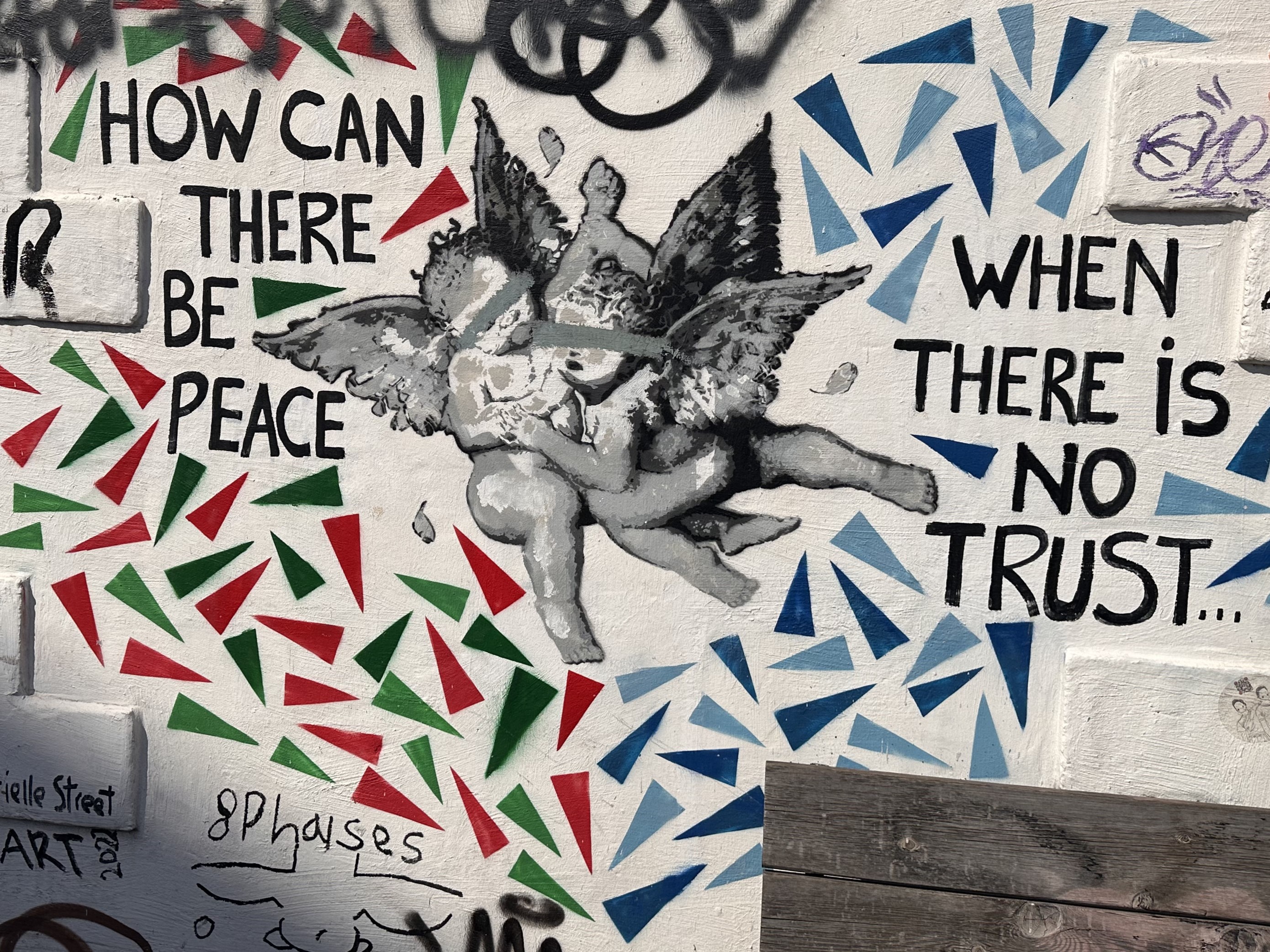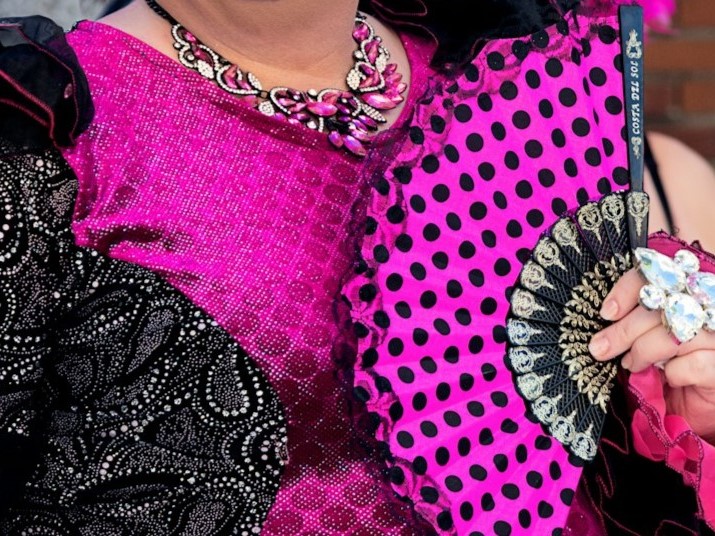Blessings Will Come

This Dvar Torah was written by Rabbi Shlomo Riskin, the chancellor of Ohr Torah Stone and Chief Rabbi of the city of Efrat, Israel and originally published in the Jewish News Detroit.

Photo by Joshua Earle on Unsplash
I had never been to this shul before, this renovated hospital turned into a synagogue about two miles from where I grew up in Brooklyn.
The Klausenberger Rebbe was well known for re-settling those of his Chasidim who had survived the Holocaust in and around the Beth Moses Hospital in Brooklyn.
So, one morning in 1952 on the Shabbat of Ki Tavo, this week’s Torah portion, I set out from my home to be in the presence of a truly holy man.
The Torah reading of Ki Tavo is punctuated by 53 verses that catalogue the punishments (some characterize them as curses) in store for the people of Israel when they forsake God’s teaching.
Jewish custom mandates that these verses be read in a low voice.
The tochacha (warning/ condemnation) is not something we’re very eager to hear, but if we must hear it as part of the Torah cycle, then the hushed words, without the usual dramatic chant, are shocking.
I arrived and felt swept up by the intensity of the people praying.
In accordance with the custom, the Torah reader began the “tochacha/warnings” in a whisper. Unexpectedly, the Yiddish word hecher (louder) came from the direction of the lectern upon which the rebbe was leaning.
The Torah reader stopped; the congregants looked up from their Bibles. Could they have heard their rebbe correctly? Was he ordering the reader to go against custom and chant the tochacha curses aloud?
The reader continued in a whisper, apparently concluding that he had not heard what he thought he heard.
Then the rebbe banged on his lectern, turned to face the stunned congregation and cried out in Yiddish, “I said louder! Read these verses aloud! We have nothing to fear; we’ve already experienced the curses. Let the Master of the Universe know it’s time for Him to send the blessings!”
The rebbe turned back to the wall, and the reader continued chanting the cantillation aloud.
I had heard that the rebbe lost his wife and 11 children in the Holocaust but refused to sit shivah (7 days in mourning) for them because he could not take time from trying to save Jewish lives by enabling them to leave Europe. He himself refused a visa for America until his Chasidim had been saved.
After the Additional Service ended, the rebbe rose to speak. His words were short and to the point, but his eyes were warm with love, leaving an indelible impression on my soul.
“My beloved brothers and sisters,” he said, “pack up your belongings. We must make one more move. God promises that the blessings which must follow the curses will now come. They will come not from America but from Israel. It is time for us to go home.”
And so Kiryat Sanz – Klausenberg was established in Netanya where the rebbe built a Torah Center as well as the Laniado Medical Center.
Shabbat Shalom!




